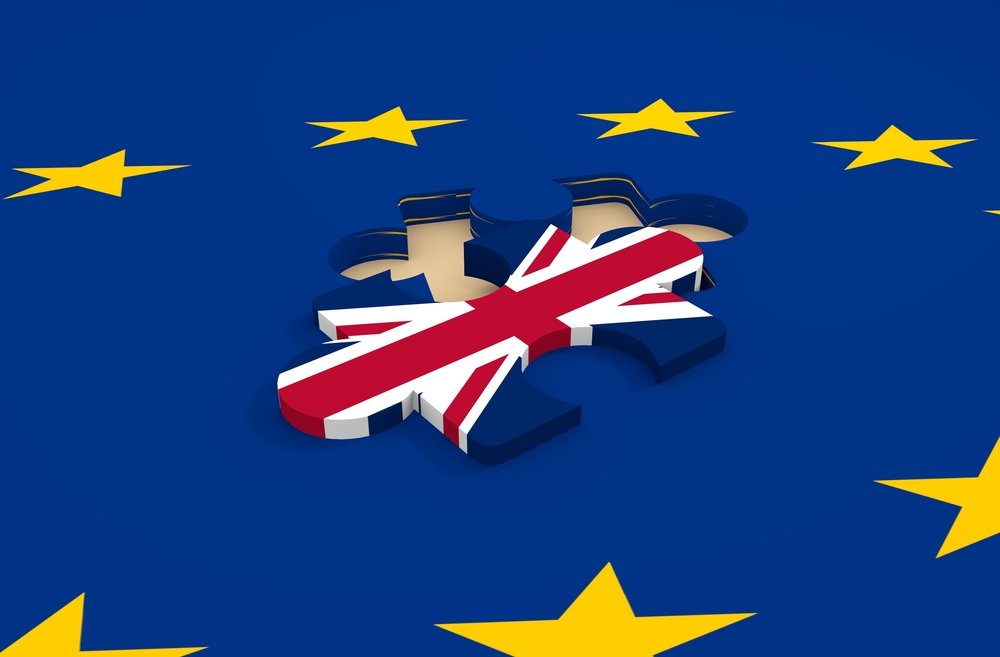News
Brexit vote has cost households £600 each

The UK’s decision to leave the EU – and its impact on sterling and worker productivity – has led to households losing out on £600, according to a leading think-tank.
The UK was one of the fastest growing advanced economies in the run up to the EU referendum in June 2016.
The ‘leave’ vote has meant that the UK economy is beginning to slow as others pick up the pace, according to the National Institute of Economic and Social Research (NIESR).
As such, it said this growth rate “represents a material loss of momentum from annual rates of GDP growth of around 2-3% achieved in the years leading up to the referendum”. And productivity growth has also slackened as output per hour has been flat or falling.
As a result, household real incomes have also fallen in this time. According to the Office for National Statistics (ONS), real household disposable income per head fell by 1.1% in the year to Q2 2017. This was the fourth consecutive quarterly fall in this measure of real income and the longest period of consistent negative growth since the end of 2011, it found.
The NIESR report author, Garry Young, wrote: “It is almost certain that the relative deterioration in the UK economy and the accompanying fall in living standards over the past year are a consequence of the vote by the British people to leave the European Union.
“Had sterling not depreciated and the economy continued to grow at its previous rate, as would have been likely with an improving global backdrop, real household disposable income per head might have been more than 2% higher than now, worth over £600 per annum to the average household.”
The report noted that the effects of a higher cost of living caused by Brexit might weigh more heavily on unemployed, single parent and pensioner households.
Further, weaker investment by UK businesses has also led to a slowdown in productivity growth. Latest figures reveal business investment grew by 2.5% in the year to Q2 2017 and while this is stronger than expected, NIESR said it represents a slowdown from faster growth rates of around 5% seen during 2010 and 2015.
In summary, Young wrote: “The UK economy is going through a period of significant uncertainty, with material downside risks as Brexit is being negotiated. In such circumstances it makes sense for individual businesses to postpone investment until there is more clarity about the UK’s future relationship with the EU. It also makes sense for some planned fiscal consolidation to be delayed as this can act to offset some of the uncertainty. But there appears to be less reason to postpone the start of the process of monetary policy normalisation: some rise in rates now appears necessary to keep inflation at target.”
The Bank of England’s Monetary Policy Committee will publish its decision on interest rates tomorrow.